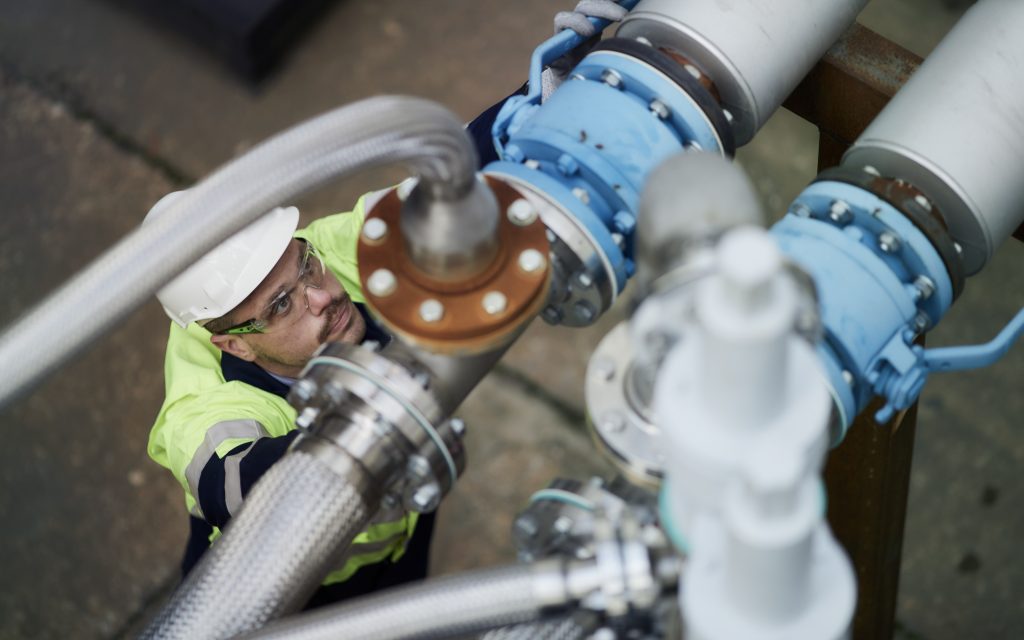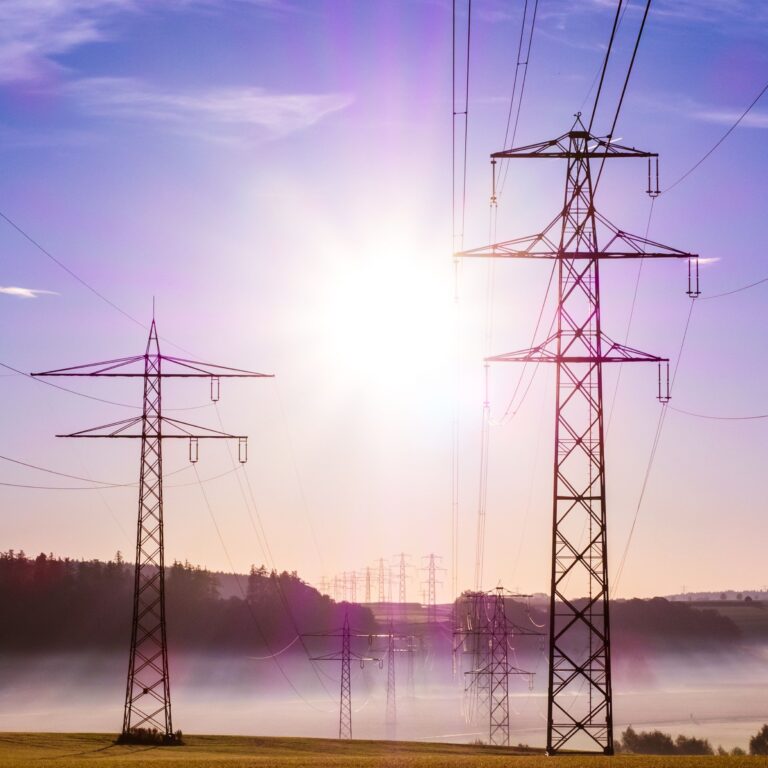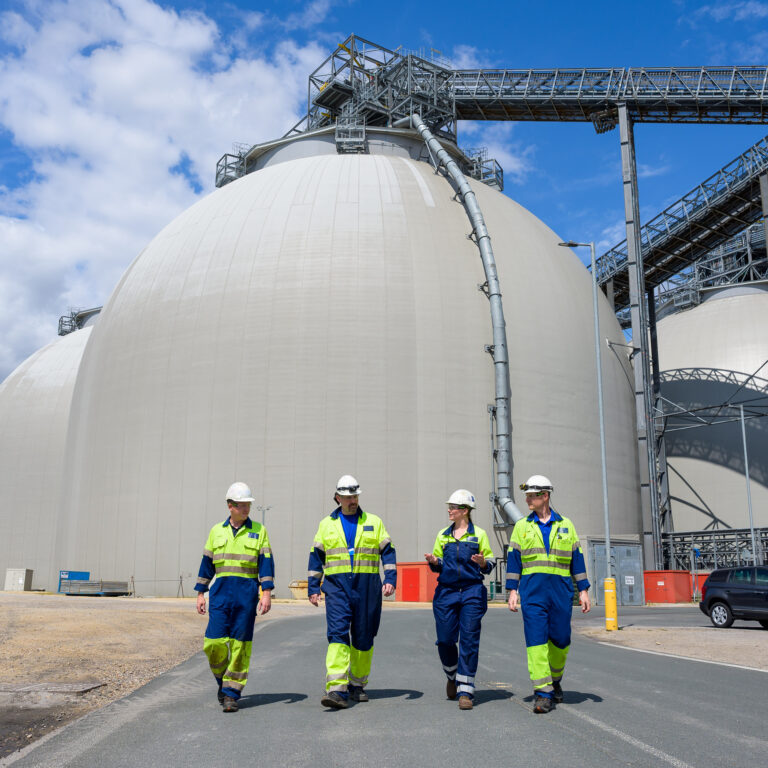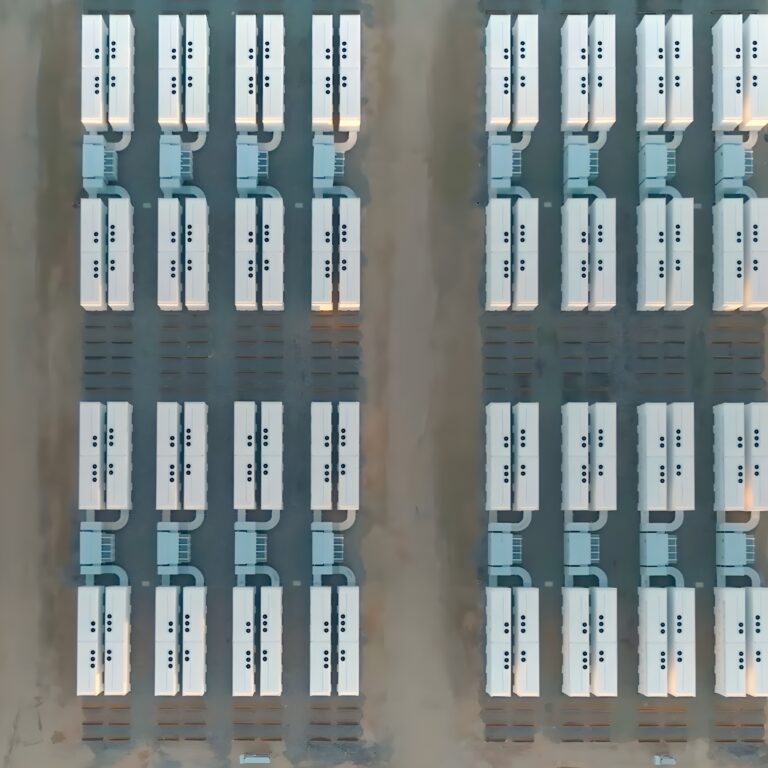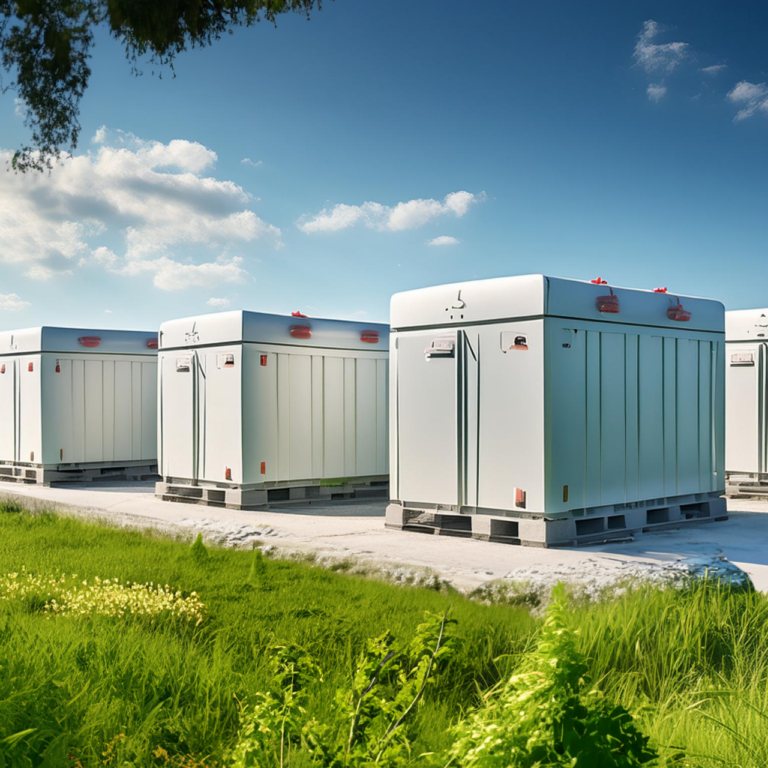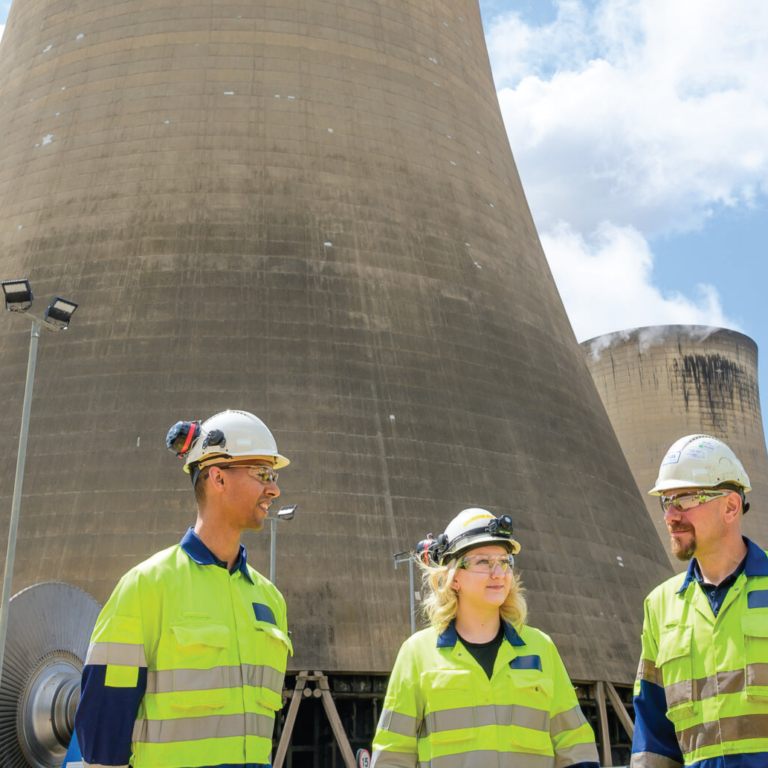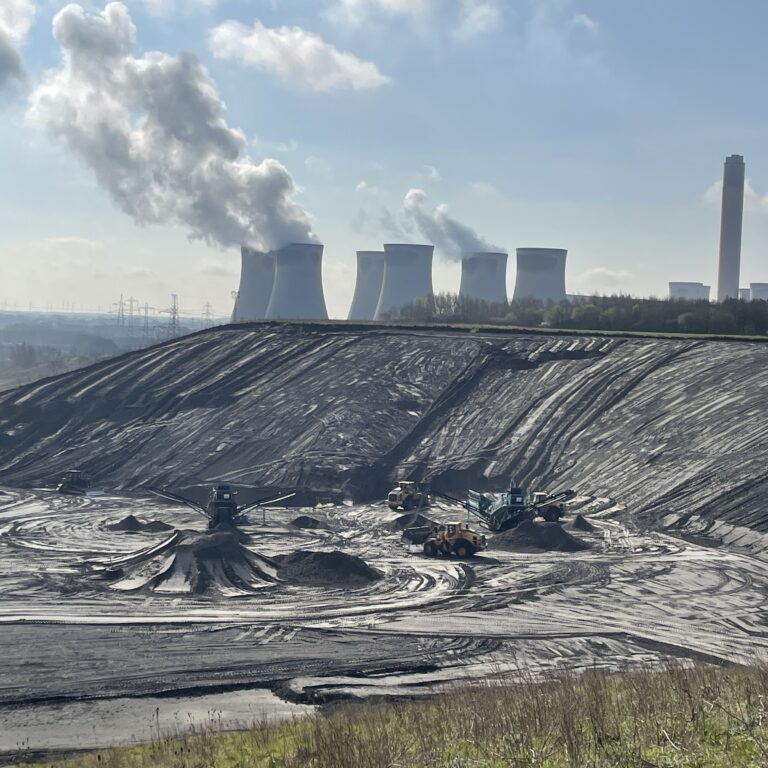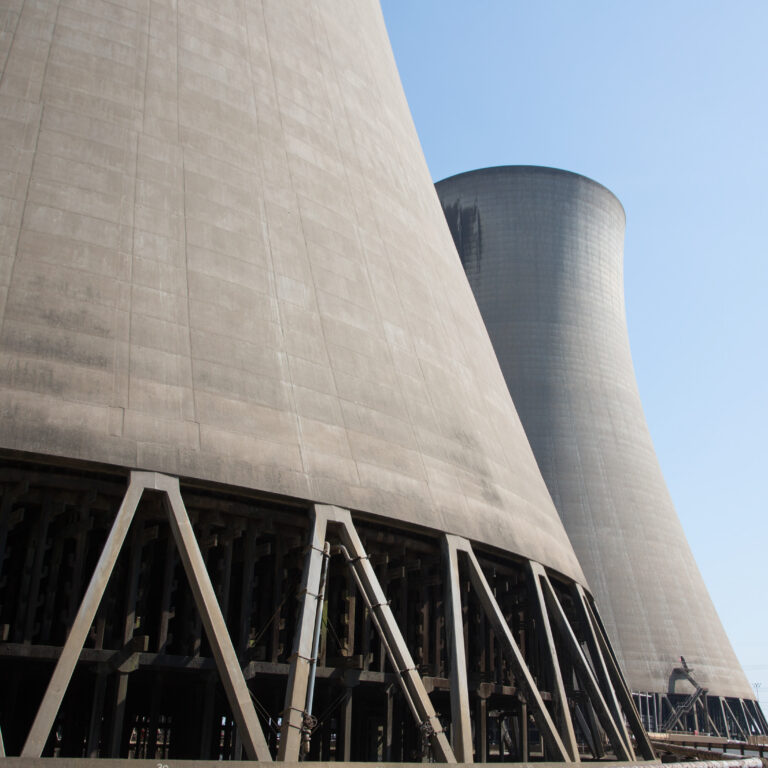“The funding pledged today for the development of two or more carbon capture and storage clusters demonstrates the government’s commitment to communities and businesses in the North – ensuring the region is well placed to take advantage of new opportunities created by a decarbonising economy.

Drax Group CEO Will Gardiner in the control room at Drax Power Station. Click to view/download.
“By accelerating the development of vital negative emissions technologies like bioenergy with carbon capture and storage (BECCS), which is being pioneered by Drax, we can permanently remove millions of tonnes of CO2 each year from the atmosphere.
“The Humber is the UK’s most carbon intensive region and home to 55,000 jobs in manufacturing and other industries. Decarbonising the Humber would therefore have a major impact – delivering for the environment and the economy, securing jobs and a long-term future for businesses which could otherwise be left behind.”
Background
- Drax is already running a successful BECCS pilot at its power station.
- BECCS is the only negative emissions technology which can produce renewable electricity whilst removing carbon dioxide from the atmosphere.
- By using BECCS, Drax will remove more carbon dioxide from the atmosphere than it produces, creating a negative carbon footprint for the company by 2030.
- Drax launched the Zero Carbon Humber campaign last year with partners Equinor and National Grid Ventures, aimed at creating the world’s first zero carbon industrial cluster in the region. By using BECCS Drax could capture and store 16 million tonnes of CO2 a year and become the anchor for a net zero industrial cluster in the Humber region.
- As part of its global leadership in addressing the climate crisis, the UK government is developing a policy and investment framework to support urgently needed negative emissions technologies like BECCS
- The UK Committee on Climate Change’s ‘Net Zero’ report states that BECCS could generate up to 173TWh of electricity by 2050, capturing up to 51 million tonnes of CO2 – around half of the remaining carbon in the economy that the UK will need to capture to become net zero.
Photo caption
Innovation engineer inspecting carbon capture pilot projects at Drax Power Station’s CCUS incubation area. View/download.







